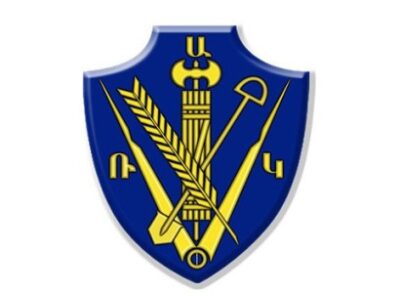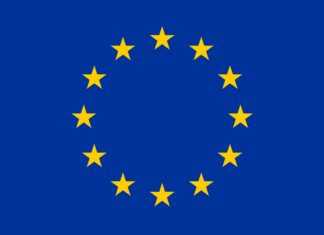We call on the Armenian authorities to refrain from any forceful action and to create an occasion for an explanatory and conciliatory meeting.
Theocracy is not demanded, but rather true democracy.
The homeland, Armenian statehood and the people are living fateful days. Diasporan Armenians, at least their nationally conscious and active groups, each in the country where they live, breathlessly follow the events and developments in our homeland. As a result of the extraordinary situation created by the authorities in office and the positions they have adopted, it was predictable that their scornful attitude towards the serious concerns expressed by public leaders and especially the population of the border regions would eventually engender a momentous popular protest movement.
In order to prevent disturbances, we repeatedly appealed to the government through our press for months to adopt a policy that is based on Armenian interests and aware of the people’s demands, by undertaking the formation of a consultative body for national salvation with the participation of organizations with varying approaches. This was in vain. The latest outbursts against the willingness of the authorities to cede 4 villages of Tavush, as well as Artsakh, to the enemy, has led to a situation in which the current government stands literally opposing the common people, in particular the population of Tavush, which rightfully refuse to surrender and leave its centuries-old settlements, including its homes, schools, kindergartens, gardens, pastures and, finally, dating from the 7th century, its sacred St. Asdvadzadzin Church.
Therefore, it was naturally expected that the Armenian Apostolic Church, in the person of the Primate, the spiritual leader of the Diocese of Tavush, under the instructions of the Catholicos of All Armenians, would be a defender and guardian of its flock in the current existential crisis and would lead the “Tavush for the Homeland” movement. And it was inevitable and logical that different Primates of dioceses of Armenia would join that movement, such as the Primate of the Shirak Diocese, along with various groups and large numbers of people.
The episodes of Avarayr and Sardarapat in the past are vivid examples of the Armenian Church’s mission to save the Armenian nation at critical moments of Armenian history, in order to fulfill its God-given duty to protect the people and the state.









